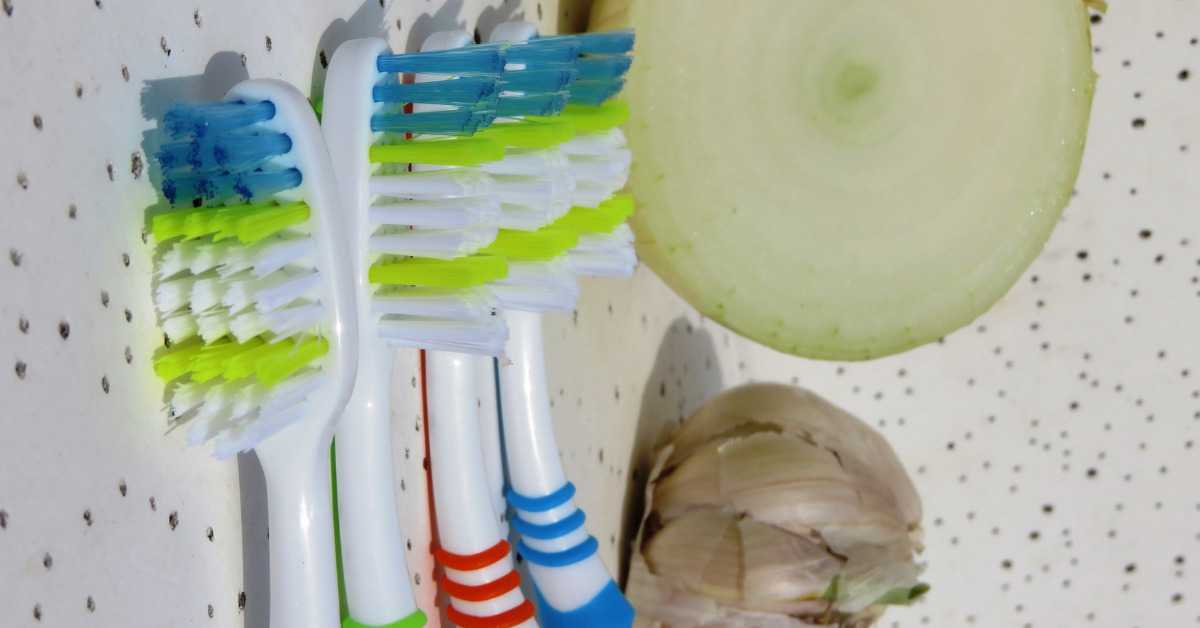Ramadan is the Muslim holy month of fasting and self-discipline. For a month, Muslims fast from dawn to dark every day. It’s also a time to cleanse the mind and body, as well as empathize with those who are less fortunate. Fasting provides a number of therapeutic benefits, including lower blood sugar, lower blood pressure, and lower cholesterol. Having a dry mouth during fasting, on the other hand, is a common cause of foul breath. If you’re wondering how to How to get rid of Bad Breath in Ramadan, here you go with the answer;
You may book an appointment with the Marham’s best dentist to cure your teeth problems.
What causes Bad Breath while Fasting?
- Poor oral hygiene — Bacterial plaque build-up is linked to bad breath, tooth decay, and gum disease.
- Improper denture cleaning – When dentures are not cleaned properly, they can retain bacteria, tartar, and create foul breath, just like teeth.
- Tobacco use, including cigarettes, cigars, and shisha


- Nutrition – Certain foods, such as onion, garlic, and certain spices, might worsen the unpleasant odour.
- Dry mouth – Dry mouth, also called xerostomia, is one of the leading causes of bad breath. It’s caused by a lack of saliva flow, and it’s a typical side effect of various medications as well as a sign of some medical disorders.
- Other non-oral conditions, such as problems with the nose, sinuses, throat, or digestive system. TALK TO A DENTIST TO KNOW MORE; CLICK HERE TO BOOK AN APPOINTMENT WITH DISCOUNT.
Reasons for Bad Breath during Fasting
Saliva is essential for preserving your mouth and inhibiting bacterial growth. During Ramadan, when we fast for long periods of time, our saliva flow is diminished, and we have less defence against bacteria, which can produce bad breath. Bacteria release gases that have a disagreeable odour, which can lead to foul breath. This can surely have an impact on your work, productivity, self-confidence, and interpersonal interactions. Bad breath, also known as halitosis, can be caused by a variety of circumstances, including: – All the Poor oral hygiene habits like not brushing teeth or cleansing the tongue on a regular basis.
- Dental and oral issues, such as cavities, gingivitis (gum disease), and stomatitis
- Certain illnesses, such as GERD (gastroesophageal reflux disease), diabetes, kidney disease, liver disease, or respiratory infections
- Cavities, yeast infections in the mouth, and poorly fitted dental appliances.
- Smoking, chewing tobacco, and consuming alcoholic beverages


How to Prevent Bad Breath while Fasting?
Here are some helpful hints for avoiding bad breath during fasting.
- Maintain good oral hygiene to effectively remove plaque
- Eat fruits and vegetables to improve saliva production and prevent the growth of foul breath-causing bacteria in the mouth
- Avoid salty, greasy, sugary, and sticky foods after you break your fast.
- Sugary foods and drinks can promote bacteria growth, resulting in foul breath.
- Avoid diuretics such as coffee, tea, soda, and other caffeinated beverages.
- Do not smoke
- It is critical to stay hydrated.
- During Iftar, drink plenty of water and rinse your mouth with water without ingesting it during the fasting hours.
Tips for Maintaining a Healthy Oral Hygiene Routine during Ramadan
During the holy month of Ramadan, oral hygiene is similar to regular dental hygiene
- Brush your teeth thoroughly before going to bed, and we recommend brushing for at least 2 minutes after Suhoor (the pre-dawn meal)
- Floss at least once a day
- Clean your tongue with a tongue scraper or a separate toothbrush
- Use alcohol-free mouthwash
- Avoid sugary foods and drinks as they can increase the amount of bacteria in your mouth
- Avoid caffeine, excess salt, and other dehydrating foods


Bottom Line
It’s crucial to exercise appropriate oral hygiene throughout the year, in addition to the aforementioned additional oral hygiene activities, to keep bad breath at bay during Ramadan. Brushing for two to three minutes twice a day with a fluoride toothpaste and a soft-medium bristled toothbrush, which should be replaced every three to four months, should be part of a person’s oral hygiene practice. If it becomes frayed or worn, you may need to replace it sooner.
Consult with the Best Dentists of Marham
Book an appointment now, to answer all your queries. You can book an appointment with the top dentists in Pakistan through Marham by calling at Marham helpline: 0311-1222398 or by online booking facility through the website or Marham mobile app.
Can’t Find The App?
| Android | IOS |
|---|---|
  |
  |
FAQ’s
How can I stop bad breath when fasting?
Avoid foods that promote bad breath, such as onions, garlic, and spices when breaking your fast. Drink at least 2-3 litres of water per day to stay hydrated and flush food particles from your system. Caffeinated beverages such as tea and coffee have diuretic properties, therefore avoid them.
What is a natural way to get rid of bad breath fast?
- To make your tongue feel fresh and clean, follow these simple instructions.
- Brush and floss your teeth more frequently.
- Rinse out your mouth.
- Scrape the back of your tongue.
- Stay away from foods that cause bad breath.
- Get rid of your tobacco habit.
- Instead of chewing mints after dinner, chew gum.
Why does breath stink while fasting?
During Ramadan, when we fast for long periods of time, our saliva flow is diminished, and we have less defense against bacteria, which can produce bad breath. Bacteria release gases that have a disagreeable odor, which can lead to foul breath.
Is bad breath curable?
Most of the time, foul breath may be treated and avoided by practicing good dental hygiene. It is rarely fatal, and the prognosis is favorable. Bad breath, on the other hand, could be a symptom of a medical condition that requires treatment.

